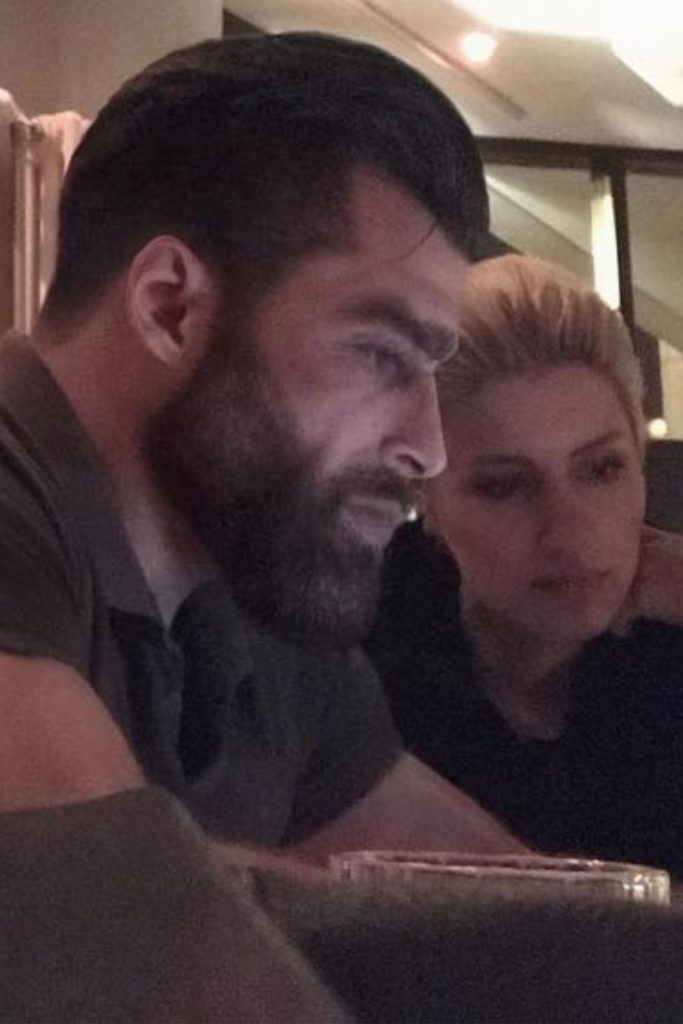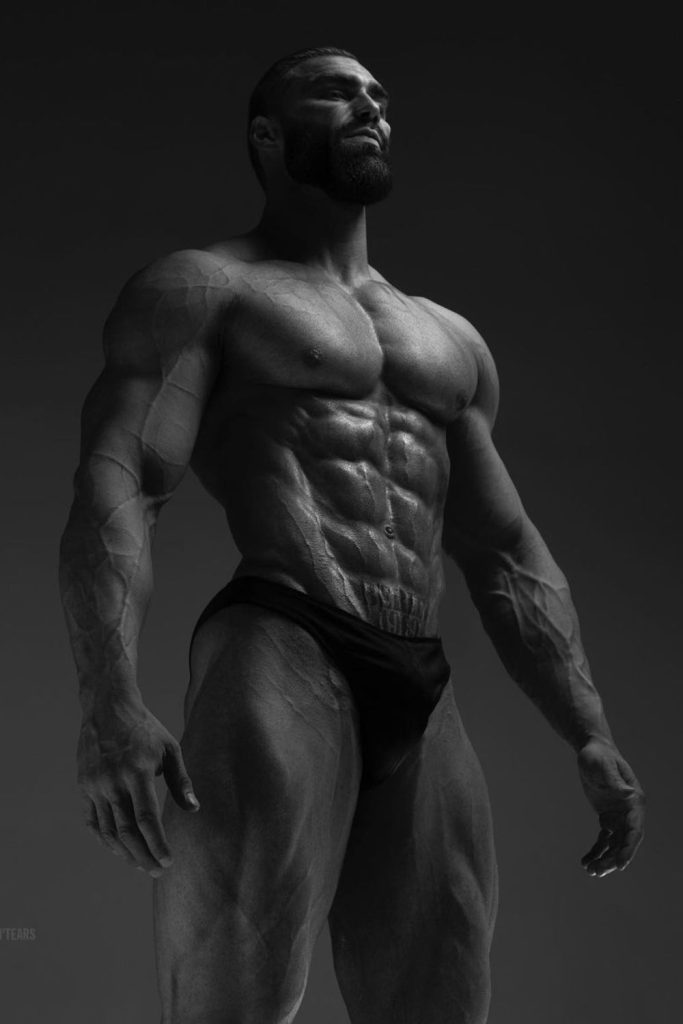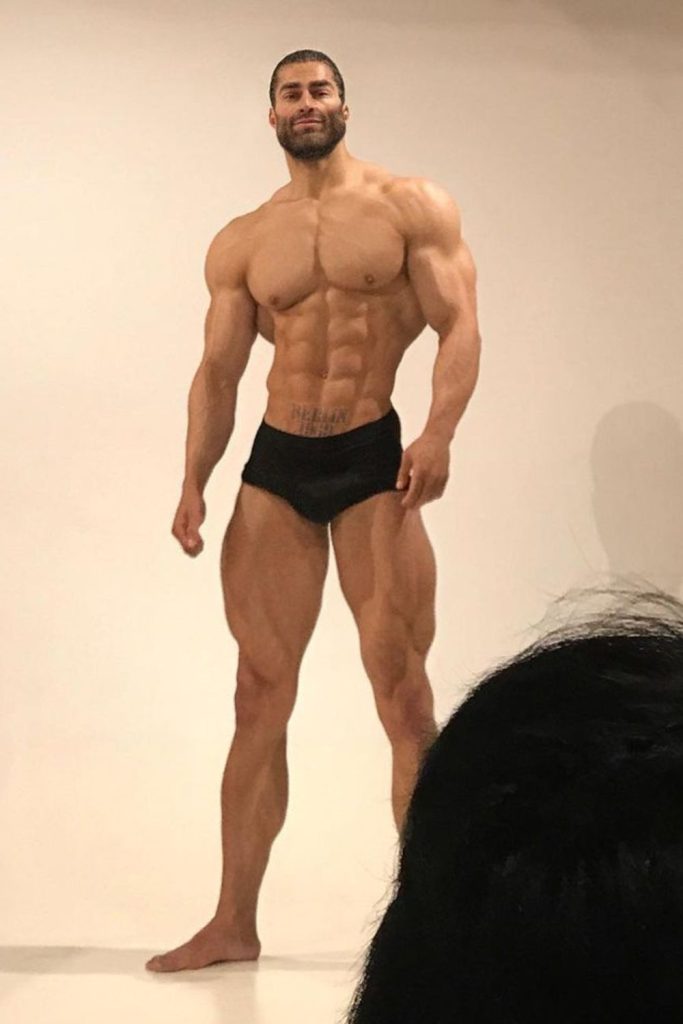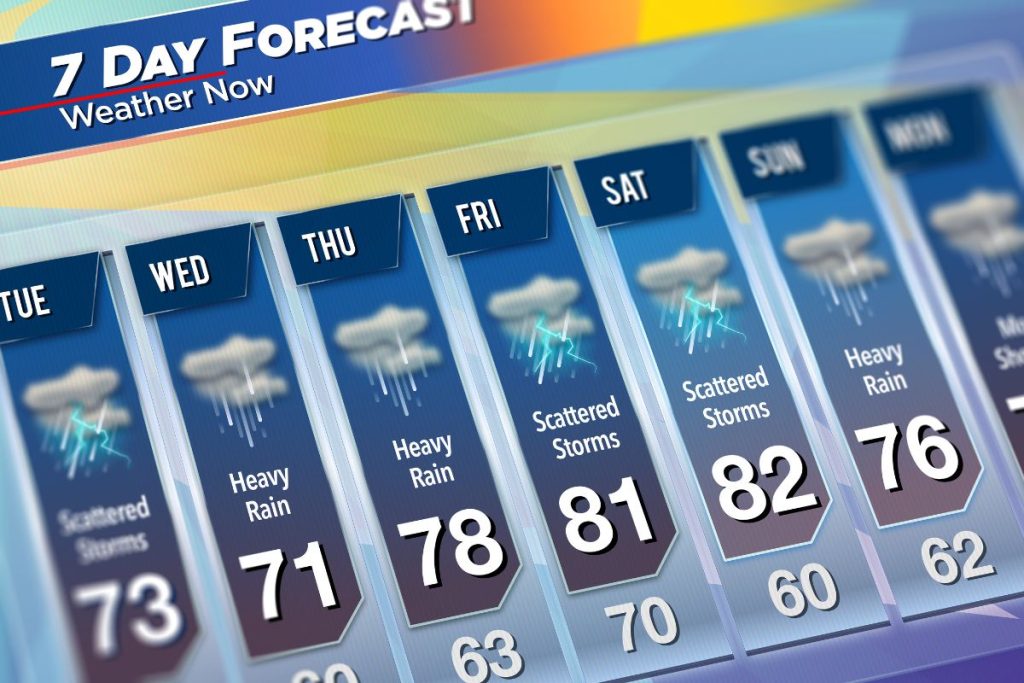
Gigachad Meme is Russian Fitness Model Ernest Khalimov
In the vast landscape of internet culture, new trends and terminologies constantly emerge, capturing the attention of millions. One such term that has gained significant popularity is “Gigachad.”
The term refers to an archetype that embodies the epitome of masculinity in a hyperbolic manner. This article explores the concept of Gigachad, its origins, characteristics, and its impact on society and popular culture.
Table of Contents
Who is Gigachad?


Gigachad is an internet meme and archetype of a hyper-masculine man. He is typically depicted as having a muscular physique, a strong jawline, and a confident demeanor. The meme originated in 2017, when an anonymous poster on the 4chan imageboard shared a photo of Russian fitness model Ernest Khalimov, who was dubbed “Gigachad.”
The meme quickly spread to other online forums and social media platforms, where it was used to represent a variety of concepts, such as male attractiveness, dominance, and success.
The meme spread to other online platforms and symbolizes male attractiveness and dominance. Some incel groups adopted Gigachad as their ideal man, using him to mock their perceived shortcomings.
However, the meme can perpetuate harmful stereotypes and unrealistic expectations for men. Despite this, Gigachad remains a popular and influential internet phenomenon, highlighting the impact of memes on our culture.
In Short
- His real name is Ernest Khalimov.
- He is a Russian fitness model and Instagram influencer.
- He is known for his muscular physique, strong jawline, and confident demeanor.
- He has been dubbed “the perfect human specimen” and “the Chad of all Chads.”
- He has been used as a meme to represent a variety of concepts, such as male attractiveness, dominance, and success.
- He has also been adopted by some incel communities as a symbol of their ideal man.
- While Gigachad is often used in a humorous or satirical way, he can also be seen as a harmful stereotype.
- The meme reinforces the idea that men should be physically attractive and dominant in order to be successful.
- This can lead to unrealistic expectations for men, and it can also contribute to the objectification of women.
The Origin of the Term
The term “gigachad” originated in online communities, particularly image boards and forums where users create and share memes and visual content. The term first became popular on platforms such as 4chan, where users sought to create an extreme representation of male attractiveness as a form of satire and self-expression.
Characteristics of a Gigachad
Physical Appearance


Gigachads are typically depicted as having an imposing physique, with well-defined muscles and a chiseled jawline. They are often portrayed as the epitome of physical perfection, embodying the ideals of traditional masculinity.
Confidence and Swagger
Gigachads exude an unsurpassed level of self-confidence. They possess an aura of self-confidence that is both seductive and intimidating. Their demeanor and dominance in social situations set them apart from the crowd.
Social Skills and Charisma
In addition to their physical attributes, Gigachads are depicted as individuals with exceptional social skills and charisma. They effortlessly navigate social interactions and captivate others with their charm. They are often seen as leaders and influencers within their social circles.
Memes and Popularity
How Gigachads are Portrayed in Memes
Gigachads have become a popular subject for memes and serve as a symbol of exaggerated masculinity. Memes featuring gigachads often emphasize their appearance, confidence, and supposed success with women. These memes are created and shared to celebrate or satirize traditional notions of masculinity.
Internet Culture and Gigachad References
Gigachads have permeated various online communities and platforms, becoming a cultural reference point. They are often mentioned in online discussions, comment sections, and social media posts. The term has also inspired fan art, animations, and even cosplay, further solidifying its place in internet culture.
The Impact of Gigachads on Society
Influence on Body Image


The portrayal of Gigachads in memes and popular culture can have an impact on body image perceptions. The hyperbolic representation of an idealized male body can create unrealistic expectations for men, leading to body dissatisfaction and psychological distress.
Reinforcement of Gender Stereotypes
Gigachads, with their exaggerated masculinity, can reinforce traditional gender stereotypes. The focus on physical strength and dominance may perpetuate harmful expectations of how men should behave and look. This can have implications for both men and women in terms of their self-esteem and societal expectations.
Discussion on Toxic Masculinity
The concept of Gigachad has sparked discussions about toxic masculinity. Some argue that the idealized representation promotes harmful behaviors and attitudes, perpetuating gender inequalities and aggressive behaviors. Others contend that it is merely a satirical expression that should not be taken seriously.
Controversies Surrounding Gigachad
Criticisms and Satire
The Gigachad archetype has faced criticism for its unrealistic and exclusionary portrayal of masculinity. Many argue that it promotes an unattainable standard that can lead to feelings of inadequacy among men who do not fit the mold. Some view the concept as a source of ridicule, highlighting the absurdity of the idealized image.
The Role of Memes in Shaping Perceptions
The influence of memes in shaping perceptions and cultural norms cannot be understated. While Gigachad memes often serve as a source of entertainment, they can also influence how individuals perceive and interpret masculinity. It is crucial to critically analyze and understand the context in which these memes are created and consumed.
Gigachads in Media and Entertainment
Gigachads in Movies and TV Shows
The Gigachad archetype has also found its way into mainstream media and entertainment. Films and television shows often feature characters who embody Gigachad-like traits, such as exaggerated physicality and extreme confidence. These characters serve as embodiments of traditional masculine ideals and often play into established tropes.
Music References and Lyrics
Gigachads have even made their presence felt in the realm of music. Some artists reference Gigachads in their lyrics, using the term as a way to depict alpha male characteristics or assert dominance. These references further reinforce the concept’s prevalence in popular culture.
The Evolution of Internet Culture
Memes as Cultural Signifiers
Memes, including the Gigachad archetype, have become powerful cultural signifiers. They encapsulate the collective experiences and ideas of online communities, reflecting societal values and attitudes. Memes like Gigachad are constantly evolving, adapting to current trends and contexts.
The Influence of Subcultures and Online Communities
The emergence and proliferation of Gigachads highlight the impact of subcultures and online communities in shaping internet culture. These communities provide a platform for individuals to create, share, and discuss memes, contributing to the overall evolution of online trends.
FAQ’s “gigachad”
What is the origin of the term “Gigachad”?
The term “Gigachad” is thought to have originated in 2017 on the 4chan message board. It was originally used to describe a Russian model named Ernest Khalimov, who was known for his muscular physique and handsome features. Khalimov’s images quickly went viral, and he was soon being referred to as “Gigachad” by internet users around the world.
How are Gigachads portrayed in memes?
Gigachads are often portrayed as being extremely muscular, handsome, and confident. They are typically depicted in situations where they are asserting their dominance over others, such as lifting heavy objects, fighting off multiple attackers, or simply staring down their opponents with a look of pure contempt.
Gigachad memes often feature him in juxtaposition with a “normie” or “beta male,” who is typically depicted as being weak, unattractive, and insecure. This contrast is used to highlight the perceived superiority of Ernest Khalimov and to make fun of those who do not meet their standards of masculinity.
Do Gigachads reinforce gender stereotypes?
Some people argue that Gigachad memes reinforce harmful gender stereotypes. They point out that Ernest Khalimov meme are typically depicted as being hyper-masculine, with unrealistic physical and personality traits. This can lead to men feeling inadequate and insecure about their own masculinity.
Others argue that Ernest Khalimov’s Gigachad memes are simply harmless fun. They point out that memes are often exaggerated and satirical, and that Gigachad memes should not be taken seriously.
What is the impact of Gigachads on body image?
Gigachad memes have the potential to have a negative impact on body image, particularly for young men. The unrealistic standards of masculinity that are portrayed in these memes can lead to men feeling inadequate and insecure about their own bodies.
In some cases, this can lead to men developing eating disorders or engaging in risky behaviors, such as steroid use, in an attempt to achieve the “perfect” body.
Are Gigachads a serious representation of masculinity?
Gigachad memes are not a serious representation of masculinity. They are simply exaggerated and satirical representations of a particular type of masculinity.
It is important to remember that not all men fit into the mold of the Gigachad. There are many different ways to be masculine, and no one type of masculinity is better than another.
It is also important to remember that Gigachad memes are not meant to be taken seriously. They are simply meant to be funny and to make fun of traditional notions of masculinity.
Conclusion
The rise of the Gigachad archetype in internet culture has sparked discussions about masculinity, body image, and the influence of memes on societal norms.
While Gigachads can be seen as a satirical exaggeration, their portrayal raises important questions about gender expectations and the potential impact on individuals’ self-perception.
Understanding the context and implications of such memes is crucial for navigating the complexities of internet culture.
June 5, 2023
















